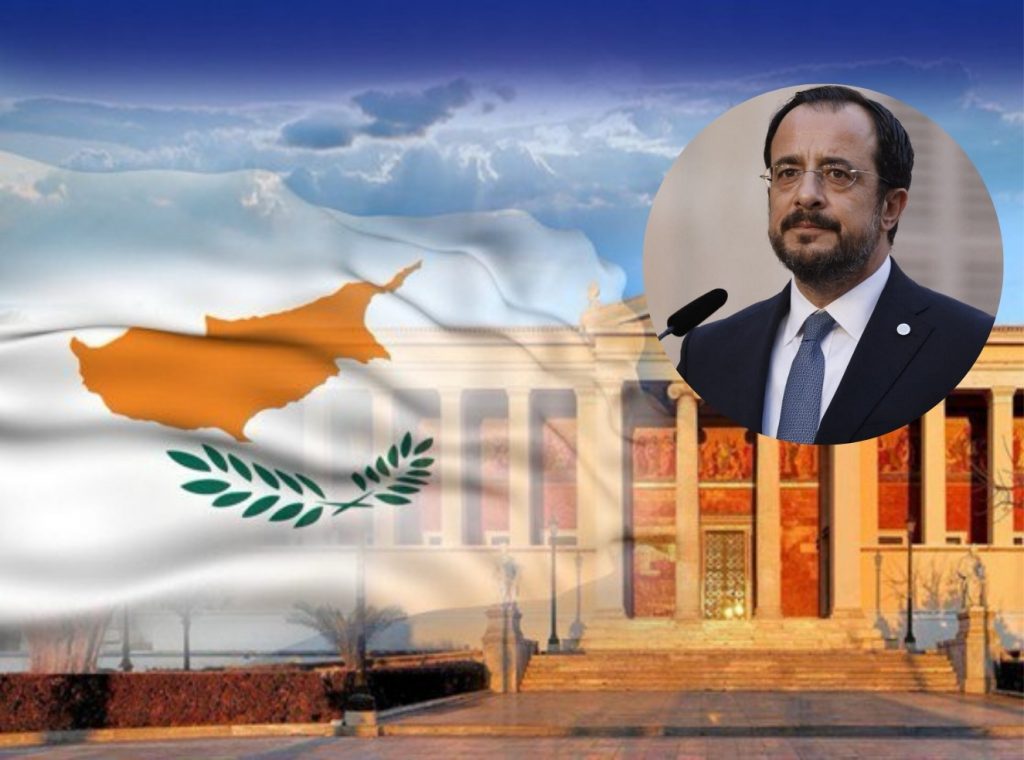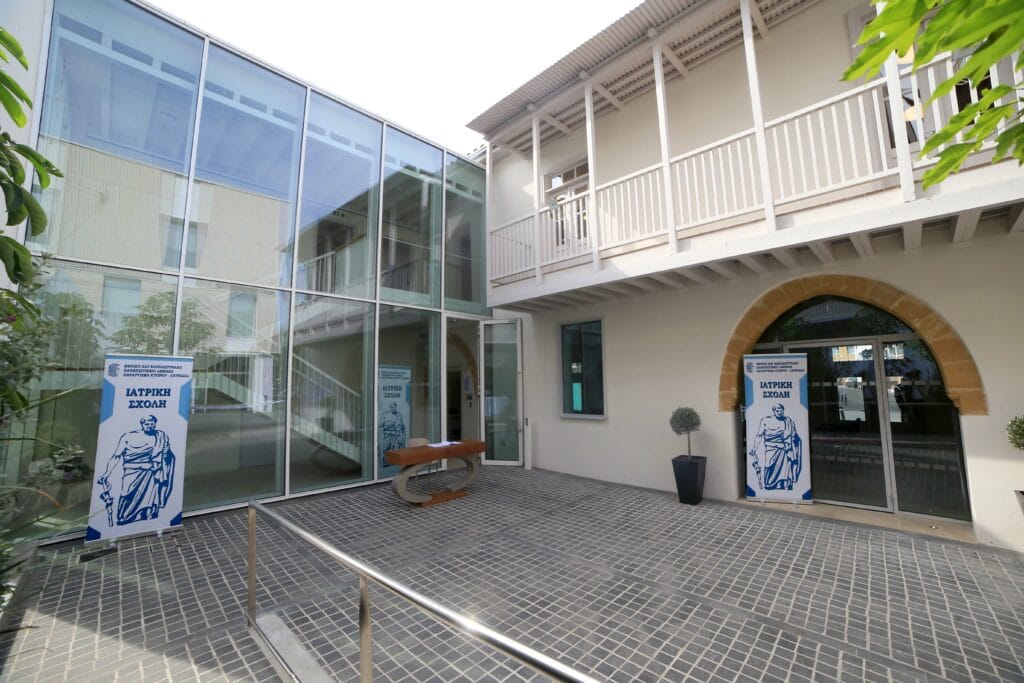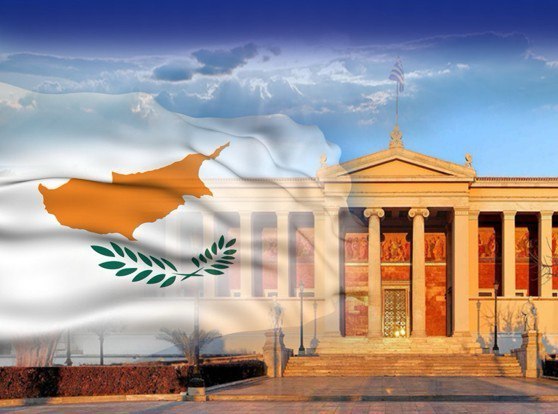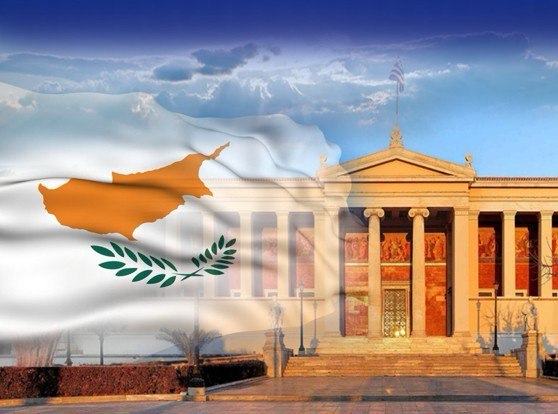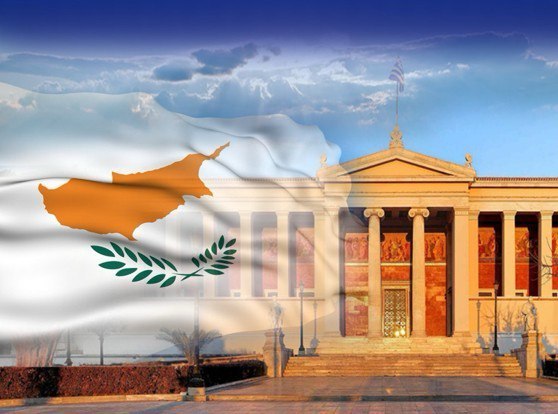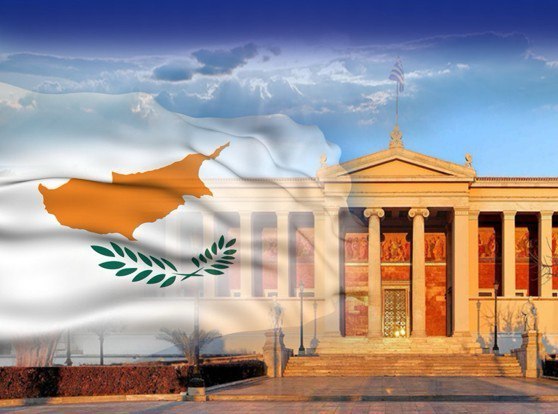The Hellenic Institute of Byzantine and Post-Byzantine Studies in Venice and the Department of Italian Language and Literature of the National and Kapodistrian University of Athens (through its Laboratory of Italian History and Historiography) jointly organize an International Scientific Conference entitled ‘Modern Greek Diaspora in Central and Southern Italy of the Early Modern Period, 15th-18th centuries’.
The conference will take place in Venice, at the Hellenic Institute of Byzantine and Post-Byzantine Studies, from 27 to 29 June 2023, and will also be livestreamed on the Institute’s YouTube channel: https://www.youtube.com/channel/UC_Psu9WrmIV-AhPBNq3xDXQ
The Chair of the NKUA’s Department of Italian Language and Literature and Director of the Laboratory of Italian History and Historiography, Professor Gerassimos D Pagratis, will deliver the keynote speech. Mr Georgios Pelidis, Assistant Professor of the NKUA’s Department of Italian Language and Literature and member of the conference’s scientific committee, and Ms Kateryna Romanenko, a PhD candidate of the same Department, will participate with papers.
Although numerous studies have been conducted on the mobility of Greek Orthodox individuals from the Eastern Mediterranean to the Italian States over the period under examination, their distribution is uneven in terms of both geography and thematic area. Venice, the administrative centre for many Greeks, holds the lion’s share, while other communities, which had acquired official organizational structure (Trieste, Livorno), have also been subject to thorough research. That is not the case, though, with Central and Southern Italy, where there is also proof of a regular flow of individuals or groups of people from the Eastern Mediterranean, a region under either Ottoman or Venetian rule back then. This historiographical void is mainly due to the movement of Greeks to rural areas, the non-existence of vibrant urban centres, which would have drawn merchants from the Levant acting as links between their places of origin and those of new settlement, the lack of clear organizational structures for the settlers, the absence of relevant documentation and so forth.
The conference intends to spur the international academic discourse on the ever-critical issue of mobility from the former Byzantine territories to the Italian States in the early modern period by bringing together researchers and academics from across the globe.
The working languages of the conference are Italian and English.
Please find below the programme of the conference:


![International Scientific Conference entitled ‘Modern Greek Diaspora in Central and Southern Italy of the Early Modern Period, 15th-18th centuries’ [27-29/6/23]](https://hub.uoa.gr/en/wp-content/uploads/2023/06/conference-1024x680.jpg)

